


A US military aircraft carrying 104 deported Indian immigrants landed in Amritsar, Punjab on Wednesday afternoon, drawing a large crowd and increased security measures at the airport. The deported individuals include women, minors, and men hailing from various states in India. The Punjab government has made arrangements to transport the deportees back to their respective places, with the assurance of friendly welcome and assistance from the state police and Chief Minister Bhagwant Mann. However, family members of the deportees from Gujarat are claiming they had no knowledge of their relatives' deportation and that they had left for Europe for vacation. Former deputy Chief Minister Nitin Patel expressed sympathy for the deported individuals, stating that they went to the US in search of job opportunities and should not be seen as criminals.
The Deportation of Indian Immigrants from the United States
On Wednesday, August 17, 2023, a US military aircraft carrying 104 deported Indian immigrants landed in Amritsar, Punjab. The deportees included women, minors, and men from various states in India. The Punjab government made arrangements to transport them back to their respective states.
Background
The deportation of Indian immigrants from the United States is not a new phenomenon. In fact, the US has been deporting Indian immigrants for decades. However, the recent increase in deportations has raised concerns among Indian Americans.
In 2017, the Trump administration announced a new policy that would prioritize the deportation of undocumented immigrants who had committed crimes. This policy has resulted in a significant increase in the number of deportations, including the deportation of Indian immigrants who have not committed any crimes.
Impact of Deportations
The deportation of Indian immigrants has a devastating impact on their families and communities. Many of the deportees have been living in the US for years and have established lives there. They have jobs, homes, and families. When they are deported, they are forced to leave everything behind.
Deportation can also have a negative impact on the Indian economy. Many of the deportees are skilled workers who could contribute to the Indian economy. However, when they are deported, they are often unable to find work in India. This can lead to poverty and unemployment.
FAQs
1. Why are Indian immigrants being deported?
Indian immigrants are being deported for a variety of reasons. Some are being deported because they have committed crimes. Others are being deported because they have overstayed their visas. And still others are being deported because they are undocumented immigrants.
2. What is the Trump administration's policy on deportation?
The Trump administration's policy on deportation prioritizes the deportation of undocumented immigrants who have committed crimes. However, the administration has also deported undocumented immigrants who have not committed any crimes.
3. What is the impact of deportation on Indian immigrants?
The deportation of Indian immigrants has a devastating impact on their families and communities. Many of the deportees have been living in the US for years and have established lives there. They have jobs, homes, and families. When they are deported, they are forced to leave everything behind.
4. What can be done to help Indian immigrants avoid deportation?
There are a number of things that can be done to help Indian immigrants avoid deportation. One important step is to educate them about their rights. They should know that they have the right to an attorney and that they should not sign any documents without first speaking to an attorney. Another important step is to support organizations that are working to help Indian immigrants. These organizations can provide legal assistance, counseling, and other support services.
5. What is the future of Indian immigration to the United States?
The future of Indian immigration to the United States is uncertain. The Trump administration has made it more difficult for Indians to immigrate to the United States. However, it is possible that future administrations will adopt more welcoming policies.

A Pakistani man, whose two children suffer from a congenital heart condition, has appealed to the Indian and Pakistani governments for permission to complete their medical treatment in India. This comes after the recent cancellation of SAARC visa privileges following the Pahalgam terror attack. As tensions rise between the two nations, the father is pleading for his children's lives as their treatment is only possible in India. Meanwhile, tensions remain high as over 100 Indian nationals in Pakistan returned to India on Thursday, while more followed on Friday.
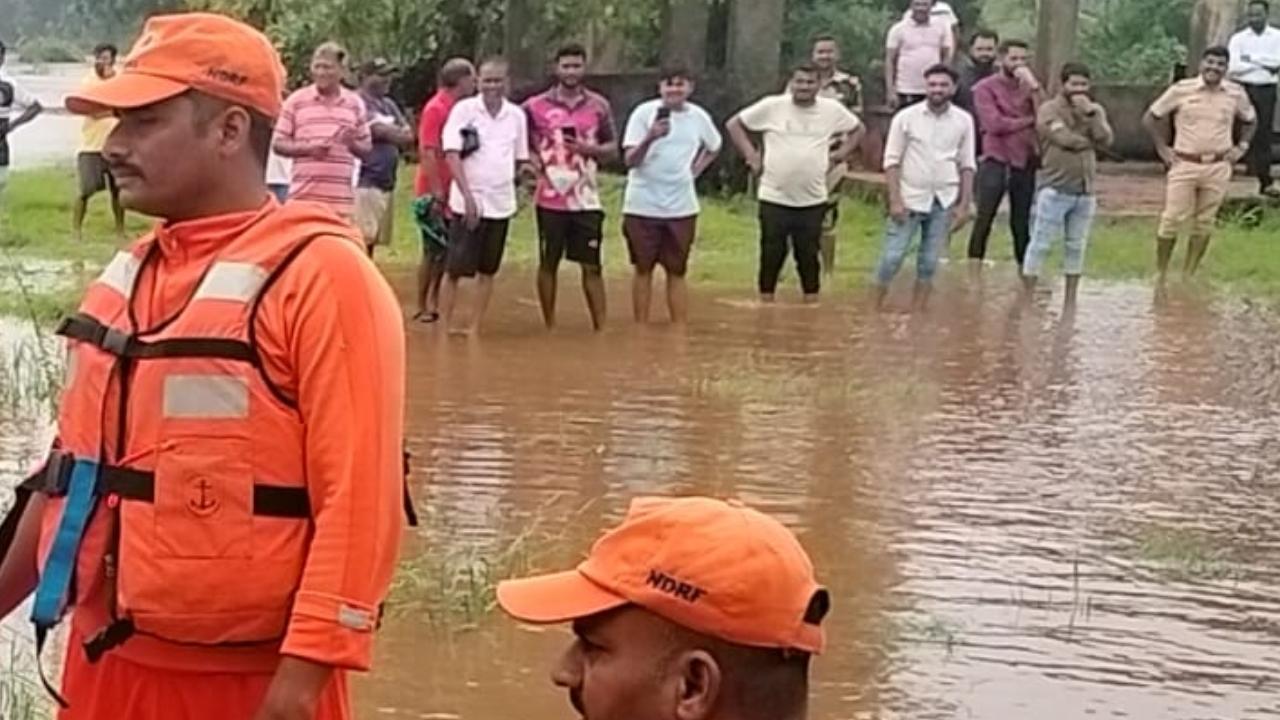
The Palghar district of Maharashtra, known for its vulnerability to natural calamities, has taken a step towards better disaster management by equipping 259 gram panchayats with specialized Disaster Response Kits. These kits, containing essential rescue and safety equipment, will ensure that villages are able to respond quickly and effectively during emergencies. In addition, the district plans to recruit 500 trained disaster response volunteers, called "Apda Mitras", to assist during disasters. With natural disasters becoming more frequent and severe, this proactive step by Palghar district is a crucial move towards strengthening disaster preparedness at the grassroots level.
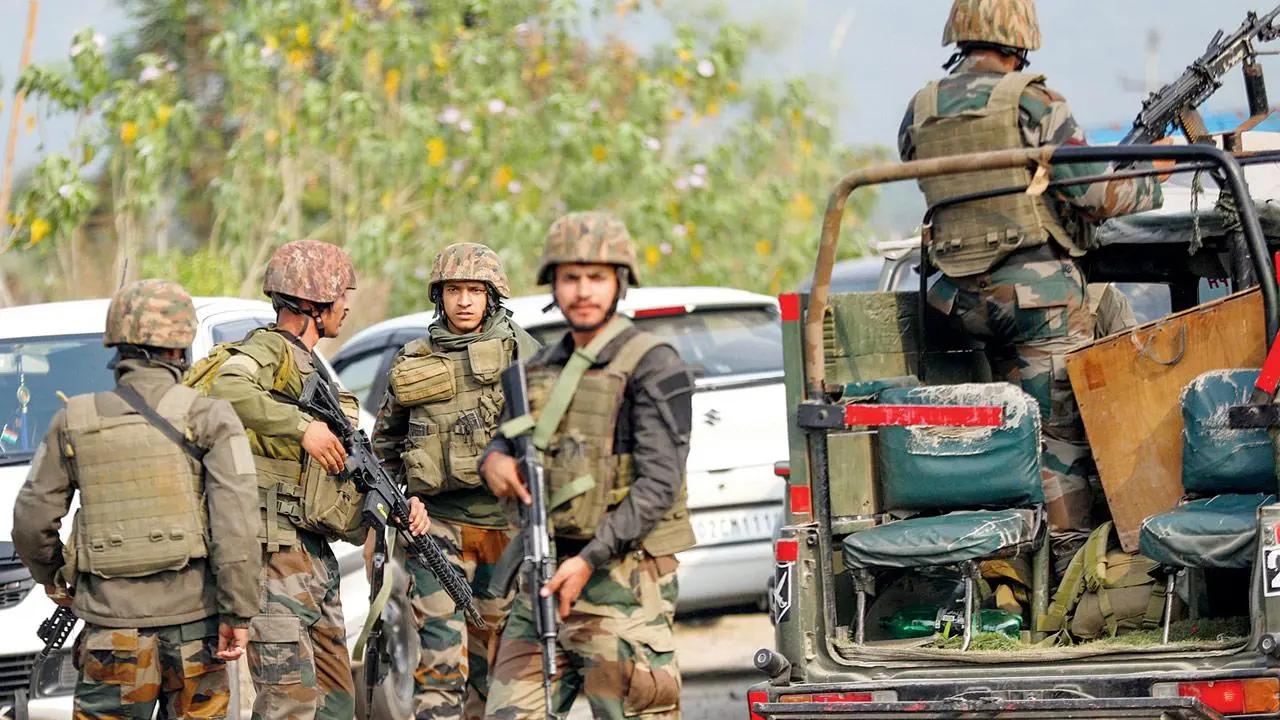
Indian security forces successfully eliminated top Lashkar-e-Taiba commander Altaf Lalli during an encounter in Bandipora, Jammu and Kashmir on Friday. The encounter occurred amidst a joint search operation launched by the Indian Army and Jammu and Kashmir Police to track down those responsible for the Pahalgam terror attack on April 22. Army Chief General Upendra Dwivedi has arrived in Jammu and Kashmir to conduct a comprehensive security review and track the progress of the operation.
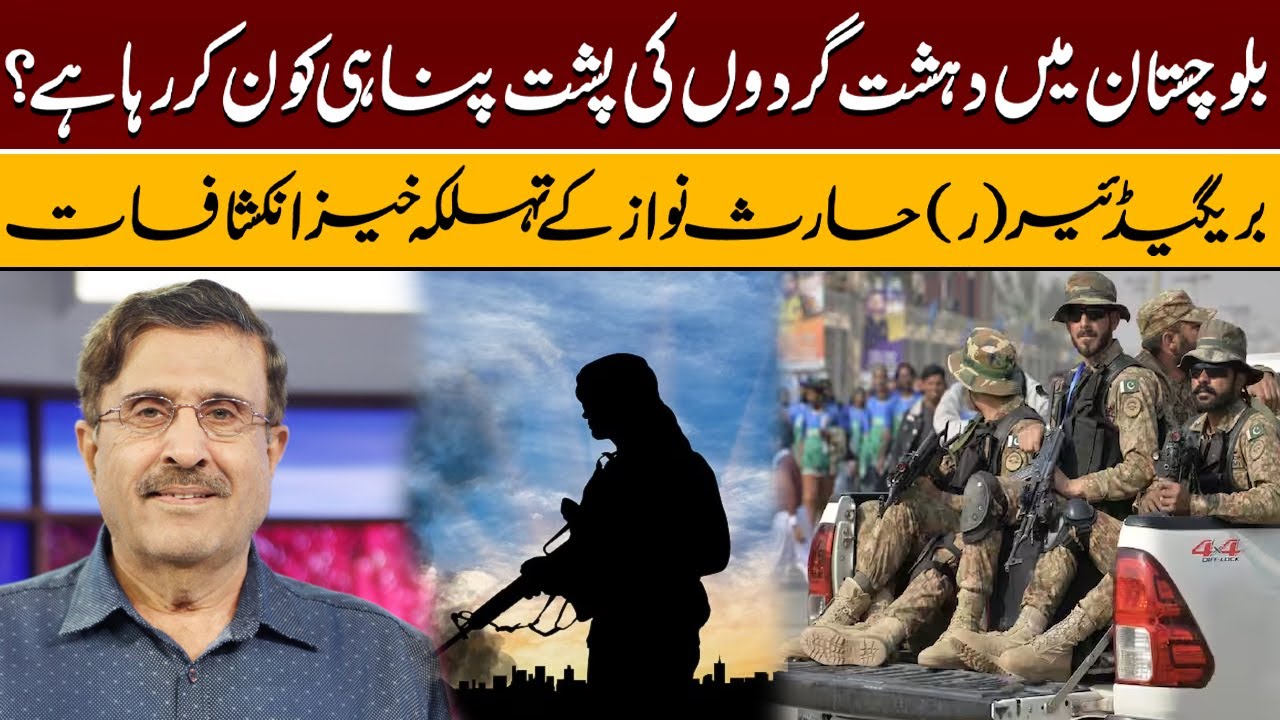
In a statement that has sent shockwaves through the international community, Pakistan's Defense Minister Khawaja Asif has admitted on an interview with Sky News journalist Yalda Hakim that his country has been aiding terrorist organizations for the past three decades. This confession serves as a vindication of India's longstanding claims about Pakistan's involvement in terrorism, particularly in the recent Pahalgam terror attacks where 26 people were killed. Asif also made contradictory claims, denying knowledge of the presence of Lashkar-e-Taiba's offshoot, The Resistance Front, while proclaiming that Lashkar "does not exist" anymore.

Israeli Prime Minister Benjamin Netanyahu reportedly ordered a covert operation by Mossad, codenamed Operation Zeppelin, to shield Indian billionaire Gautam Adani from a negative campaign linked to the Hindenburg Research report. The operation involved two elite units and spanned several countries, targeting individuals allegedly behind the campaign, including American and British hedge fund managers, investigative journalists, and political operatives possibly tied to the Biden administration and billionaire George Soros. Among the shocking claims in the report, Mossad is said to have surveilled prominent Indian opposition leaders and tracked Congress leader Rahul Gandhi, with evidence allegedly found of coordination between opposition figures and the Hindenburg team.
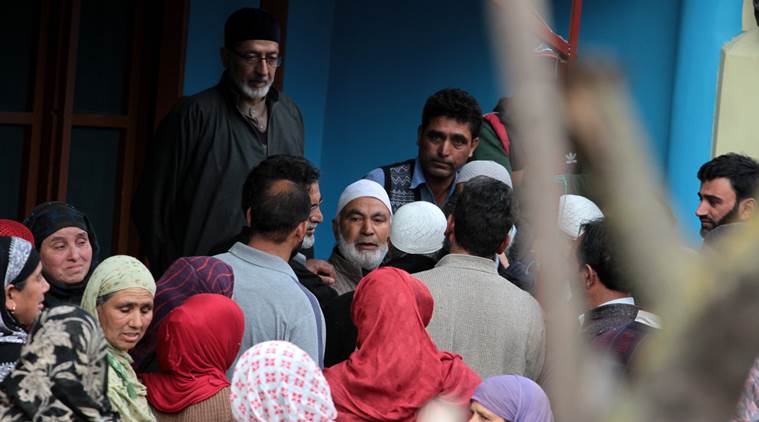
Debasish Bhattacharya, a professor at Assam University, was on a family trip to Kashmir when terrorists attacked Pahalgam. Bhattacharya, who grew up in a Muslim neighbourhood, was able to save his family's lives by reciting the Kalma, a declaration of faith in Allah. The terrorists asked him if he was reciting the Kalma or calling upon Lord Ram, but Bhattacharya's knowledge of the verses helped keep them at bay.

On April 25, the world will come together to observe World Malaria Day, which was established by the World Health Organization to raise awareness about the deadly disease and the need for continued investment and commitment. This year's theme, "Malaria Ends With Us: Reinvest, Reimagine, Reignite," highlights the importance of collective action and innovation in eliminating malaria. The campaign, led by the WHO and global partners, aims to accelerate progress towards a malaria-free world through a range of initiatives at all levels.
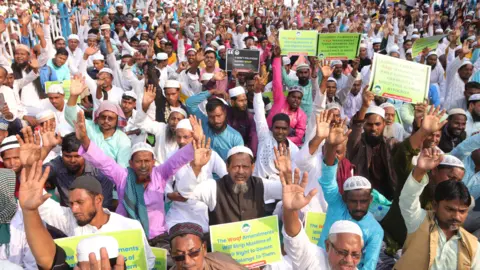
Bangladeshi far-right group Khelafat Majlish plans to stage a mass march to the Indian Embassy in Dhaka to protest against the recently passed Waqf (Amendment) Act by the Indian Parliament. The outfit's leader, Maulana Mamunul Haque, claims that the Act aims to illegally acquire Muslim-owned lands for the construction of religious structures by giving them legal backing. This move has sparked outrage among Muslims in India, who see it as an interference in their religious rights. Meanwhile, the Indian government has condemned the recent spate of violent attacks on minority communities in Bangladesh, with the Ministry of External Affairs describing it as part of a disturbing pattern of persecution under the country's interim administration.
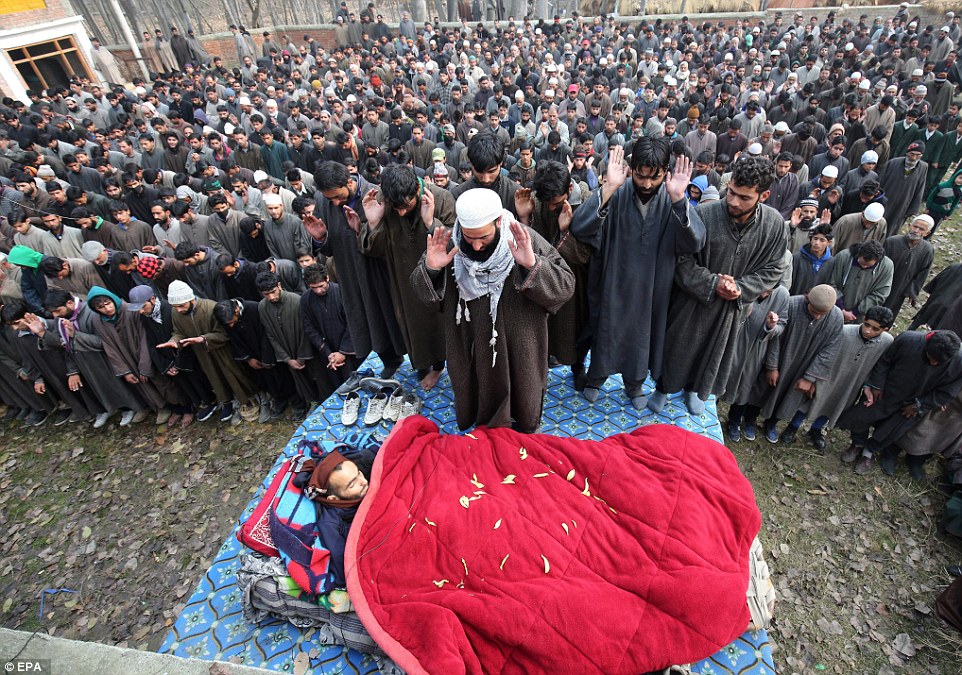
In the midst of the peak tourist season, a young pony ride operator became a hero when he tried to save the life of a tourist during a terrorist attack at Pahalgam's Baisaran meadow in Kashmir. Syed Adil Hussain Shah, a local Kashmiri Muslim, was shot dead while attempting to shield the tourist and even trying to snatch the attackers' guns. The heartbroken father of Shah demands justice for those responsible, while the Jammu and Kashmir Chief Minister Omar Abdullah praised his bravery and promised to support the family. This shocking and tragic story highlights the ongoing violence and turmoil in the region.

The peaceful Easter vacation turned into a nightmare for Sushil Nathaniel's family when terrorists targeted tourists in Pahalgam. The assailants asked the Christian LIC manager to recite the Kalma, and when he refused, they shot him dead. His daughter, who tried to save her father, was also shot in the leg. The family demands strict punishment for the attacker to set an example for the world.